There are many challenges
According to Can Tho University, the Mekong Delta has the largest rice growing area in the country, accounting for 52% of the cultivated area. In recent times, the agricultural sector of the provinces and cities in the Mekong Delta has continuously improved rice varieties, cultivating high yields of 6-8 tons/ha. The Mekong Delta has focused on developing and expanding high-quality, safe and organic rice cultivation processes such as "3 reductions, 3 increases", "1 must, 5 reductions", "planthopper-avoiding focused varieties" and many other advanced technical models. Solutions to adapt and reduce greenhouse gas emissions in rice cultivation have been implemented recently and achieved positive results...
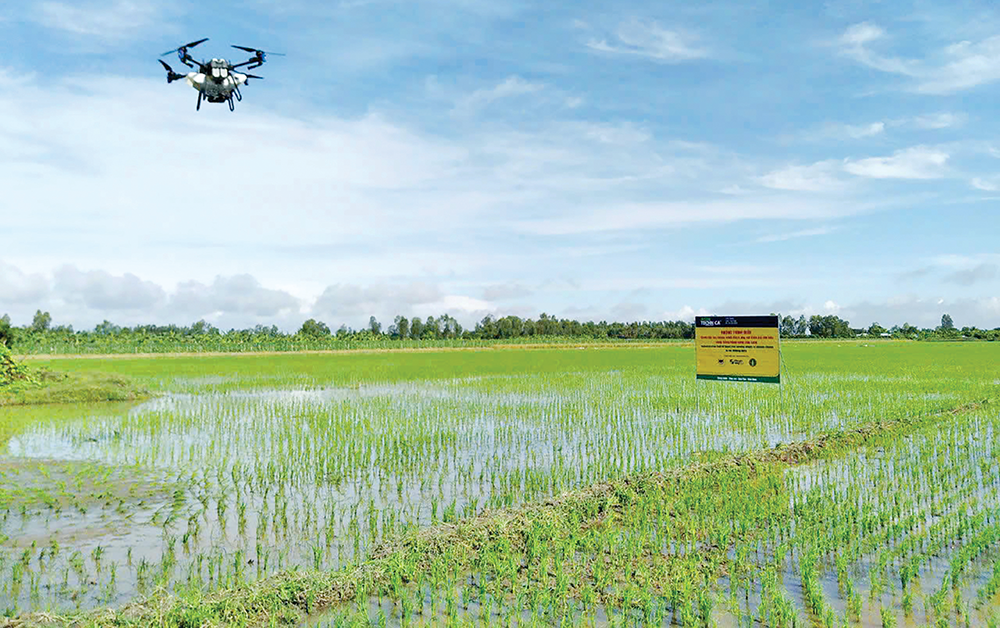
High-tech rice production model, adapting to climate change, is being implemented in Can Tho city.
Mr. Nguyen Quoc Manh, Deputy Director of the Department of Crop Production and Plant Protection ( Ministry of Agriculture and Environment ), said: It is expected that by 2025, rice production in the Mekong Delta will complete the set plan. In particular, the 2024-2025 winter-spring crop recorded an increase in area and yield, contributing to offsetting the slight decline in the summer-autumn, autumn-winter and winter-spring crops. The structure of production varieties for the winter-spring crops continues to shift towards high quality and specialty fragrant rice. The conversion of crop structure on rice land is promoted, with about 38,700 hectares converted to annual crops, perennial crops and rice-aquaculture models, adapting to climate change. Thereby contributing to improving products, quality and meeting export markets...
According to the Department of Crop Production and Plant Protection, Vietnam's rice exports in the past 5 years have grown steadily in both output and value. Specifically, in 2020, Vietnam's rice export output reached 6.25 million tons, earning 3.12 billion USD; by 2024, 9.03 million tons were exported, earning 5.6 billion USD, the highest value ever. The average export price in 2024 reached 627.19 USD/ton, an increase of 52.18 USD compared to 2023. The amount of rice exported from January 2025 to August 15, 2025 reached 5.87 million tons, worth over 3 billion USD... However, according to the Institute of Strategy and Policy on Agriculture and Environment (Ministry of Agriculture and Environment), agricultural production in the Mekong Delta still faces many challenges from the outside. Geopolitical tensions continue to rise, increasing risks to global food, energy and logistics security; US trade competition and tariffs, along with increasingly strict protectionist policies on market diversification opportunities... In addition, climate change and emerging cross-border epidemics promote the demand for biotechnology, risk management, agricultural insurance; international market demands are increasingly strict on green standards, carbon neutrality, transparent traceability; international commitments on Net Zero 2050 and new generation FTAs (EVFTA, CPTPP, RCEP) continue to create both pressure and opportunities; advanced agricultural models (low carbon, organic, circular, ecological) and green consumption become mainstream, requiring synchronous application and improving knowledge and skills for producers...
Adaptive solutions
Dr. Duong Van Ni, a biodiversity expert in the Mekong Delta, said: Previously, the Mekong Delta clearly showed the characteristics of 4 regions, also known as 4 "regions", including: garden region; rice field region; wetland region and coastal region. Due to the impact of climate change combined with the socio-economic development process in the Mekong Delta, the characteristics of each ecological region are no longer as before, but have changed a lot from production to livelihoods and daily life of each region. Before these changes, in the announced integrated planning of the Mekong Delta (Decision No. 287/QD-TTg of the Prime Minister on approving the planning of the Mekong Delta region for the period 2021-2030, vision 2050), the Mekong Delta was basically divided into 4 "regions", but wetlands and rice fields were merged into one. Therefore, the Mekong Delta currently has 3 ecological regions, including freshwater, brackish water and saltwater regions. From the above changes, it is necessary to build sustainable livelihood models to contribute to reducing climate change response and changes in ecological zones in the Mekong Delta.
For many years, people in coastal areas of Can Tho City (formerly Soc Trang province) have known the value of the grass that creates additional income for households in their livelihoods. Among the countless wild grass species in wetlands, the grass is a natural material source suitable for new production models in rural areas, providing raw materials for weaving, increasing income. This is also a plant that adapts to climate change, preserving a sustainable ecological environment. Many scientists and farmers say that in areas where the grass grows naturally in the fields, it has the ability to clean water sources, creating a good living environment for shrimp, crabs, fish... in a suitable way, depending on the people's aquaculture model, especially suitable for extensive farming models for efficiency, contributing to improving the efficiency of agricultural production and adapting to climate change...
Mr. Nguyen Anh Phong, Deputy Director of the Institute of Strategy and Policy on Agriculture and Environment, said: "The development goal of the Agriculture and Environment sector by 2030 is with a GDP growth rate of agriculture, forestry and fishery reaching 4%/year (2025) and increasing in the following years. The average growth rate of agricultural, forestry and fishery labor productivity is from 5.5-6%/year. The export value of agriculture, forestry and fishery products will reach 65 billion USD in 2025 and aim for 100 billion USD in 2030. Therefore, it is necessary for the Agriculture sector to shift from agricultural production thinking to agricultural economic thinking. Resolution No. 68-NQ/TW of the Politburo has issued and perfected institutions, creating a favorable and equal investment and business environment, promoting private enterprises to innovate, develop sustainably and participate more deeply in domestic production value chains and international cooperation, including the agricultural sector...".
Recently, with the support of international organizations, localities in the Mekong Delta have implemented many projects and models of sustainable agricultural production and climate change adaptation. Recently, at the event introducing and presenting climate change adaptation partnerships, Ms. Sarah Hooper, Australian Consul General in Ho Chi Minh City, affirmed: “Models of sustainable growth cooperation and sharing of knowledge on Vietnam's developing carbon market; sharing and replicating climate change adaptation mangrove shrimp farming models; models of creating sustainable livelihoods through climate-adaptive crops... are activities that play an important role in responding to climate change challenges in the Mekong Delta region, which need to be promoted in the coming time. From 2016 to now, the Australian Government has invested more than 9.4 million AUD in 16 cooperation projects in the private sector, contributing to promoting green growth, developing sustainable carbon markets and improving livelihoods for women and people with disabilities across the country, especially in the Mekong Delta region. The Australian Government will have many programs and plans to support and coordinate the implementation of climate change adaptation projects and programs, and develop Developing green agriculture and sustainable livelihoods in Vietnam, focusing on the Mekong Delta in the near future.
Article and photos: HA VAN
Source: https://baocantho.com.vn/phat-huy-mo-hinh-san-xuat-nong-nghiep-ben-vung-thich-ung-bien-doi-khi-hau-a193191.html


![[Photo] Touching scene of thousands of people saving the embankment from the raging water](https://vphoto.vietnam.vn/thumb/1200x675/vietnam/resource/IMAGE/2025/10/30/1761825173837_ndo_br_ho-de-3-jpg.webp)

![[Photo] The Third Patriotic Emulation Congress of the Central Internal Affairs Commission](https://vphoto.vietnam.vn/thumb/1200x675/vietnam/resource/IMAGE/2025/10/30/1761831176178_dh-thi-dua-yeu-nuoc-5076-2710-jpg.webp)
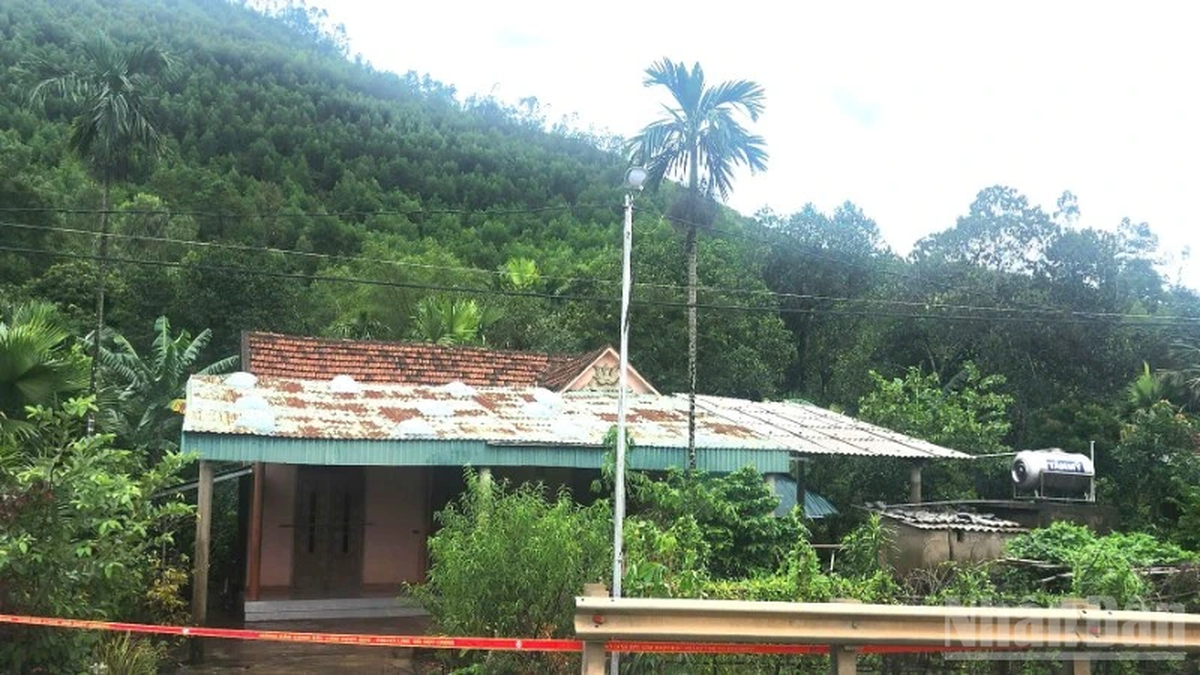
![[Photo] General Secretary To Lam attends the Vietnam-UK High-Level Economic Conference](https://vphoto.vietnam.vn/thumb/1200x675/vietnam/resource/IMAGE/2025/10/30/1761825773922_anh-1-3371-jpg.webp)
![[Photo] General Secretary To Lam meets former British Prime Minister Tony Blair](https://vphoto.vietnam.vn/thumb/1200x675/vietnam/resource/IMAGE/2025/10/30/1761821573624_tbt-tl1-jpg.webp)
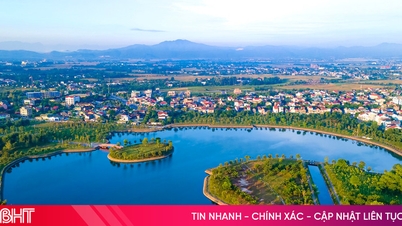

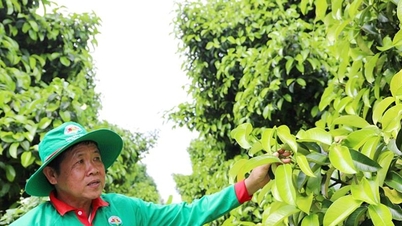

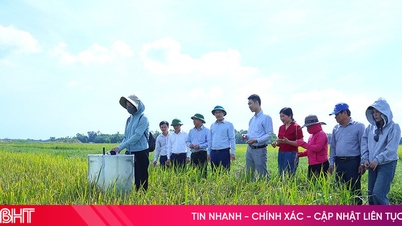

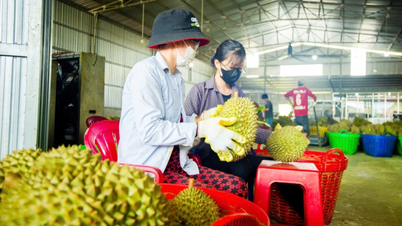

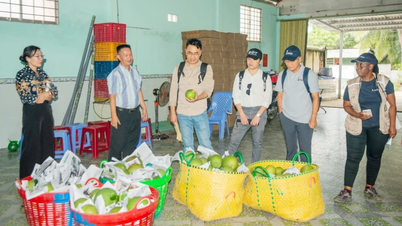
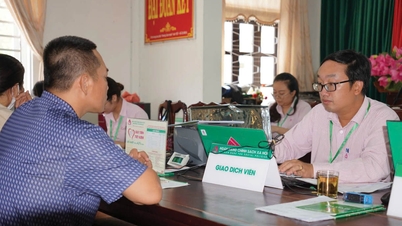

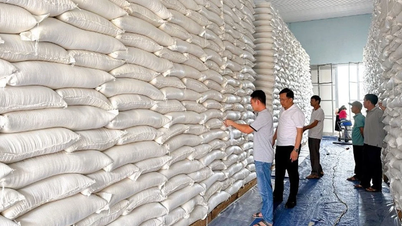

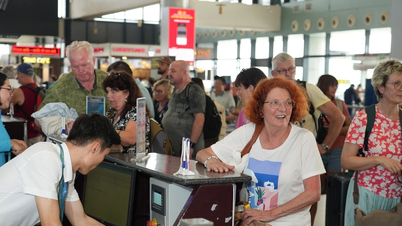


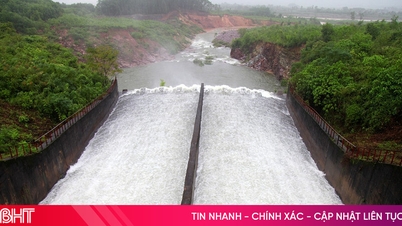
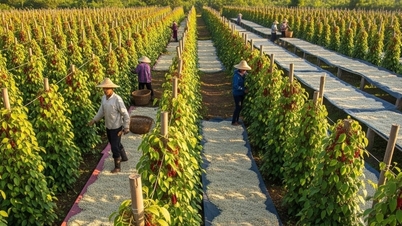





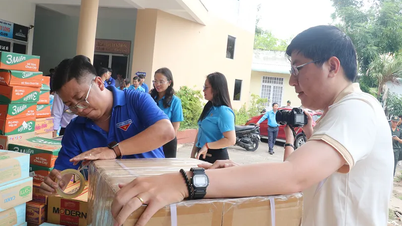
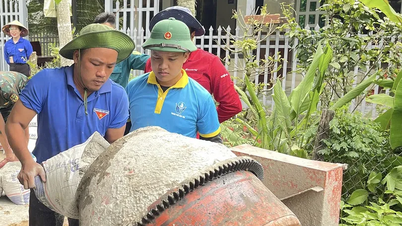
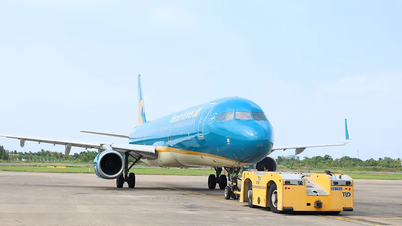
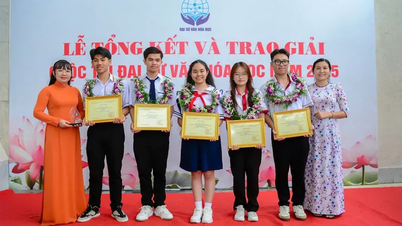
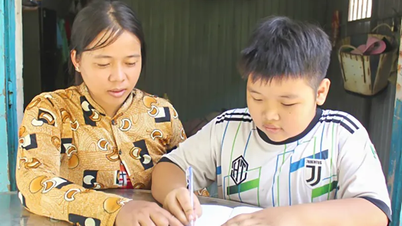
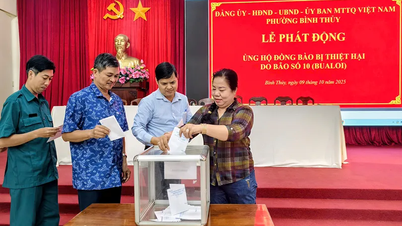




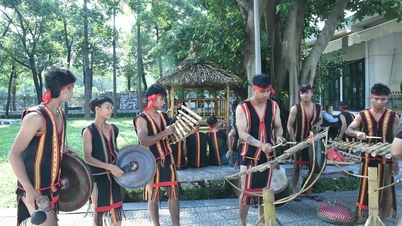

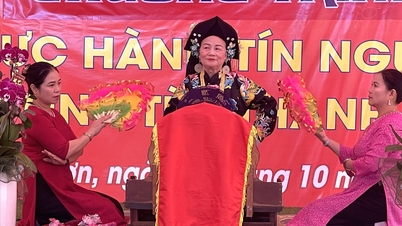







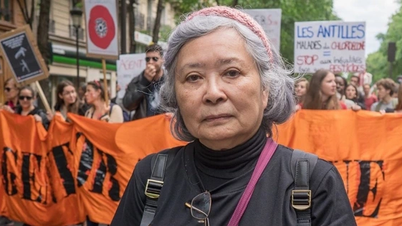

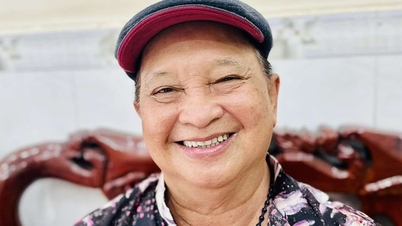



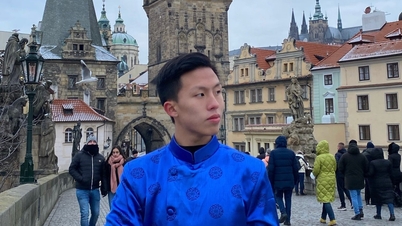

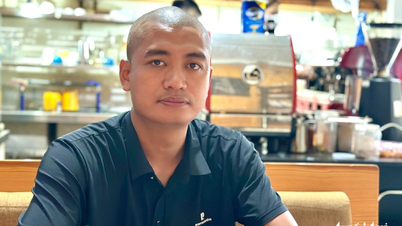
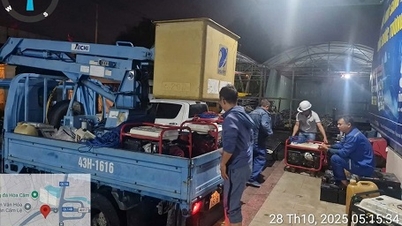

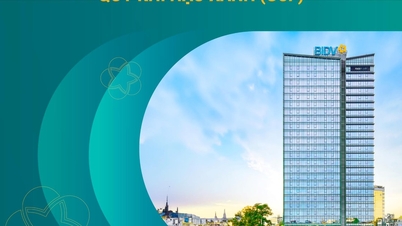


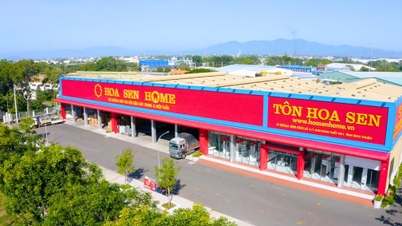


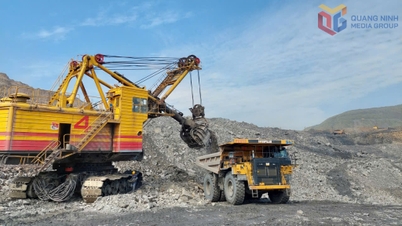







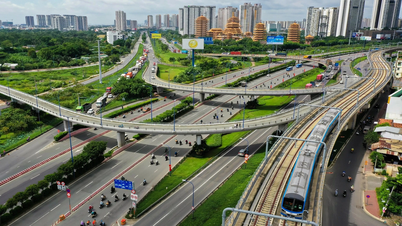
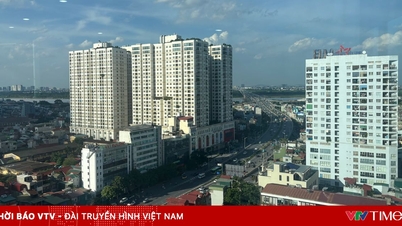

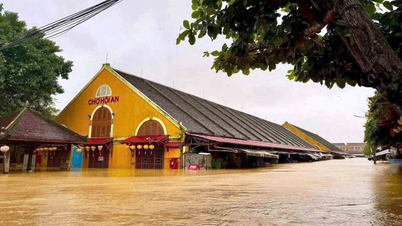

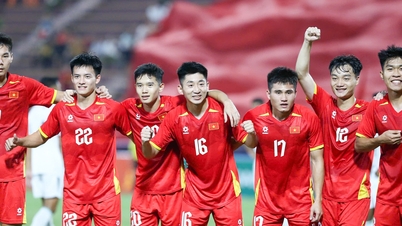



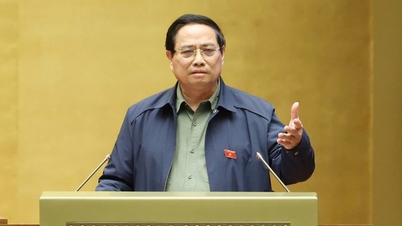
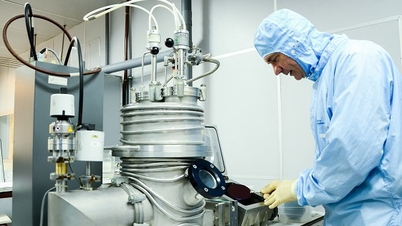

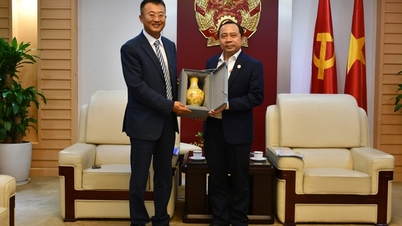
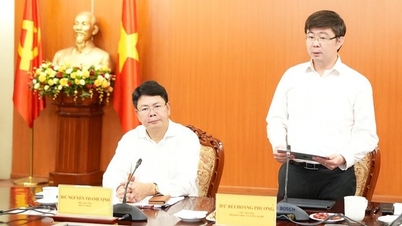
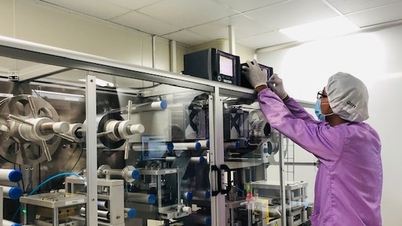
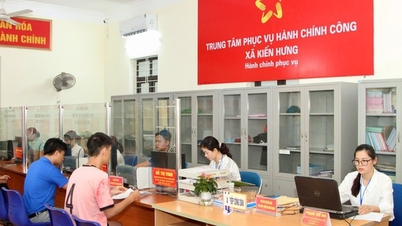
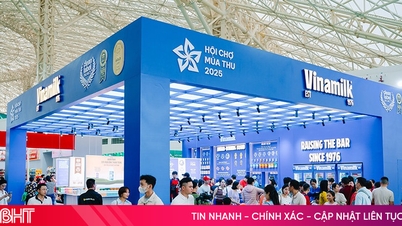

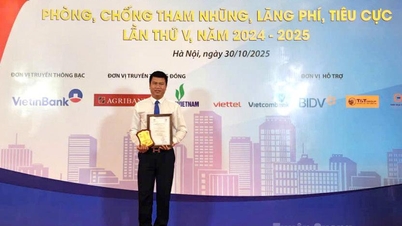

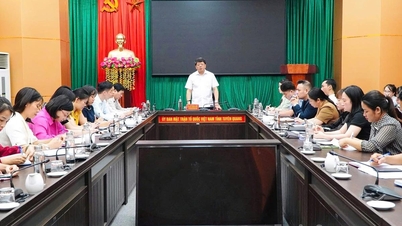
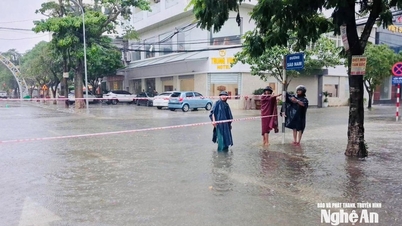

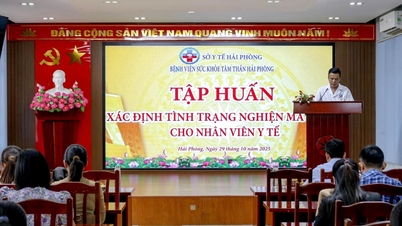















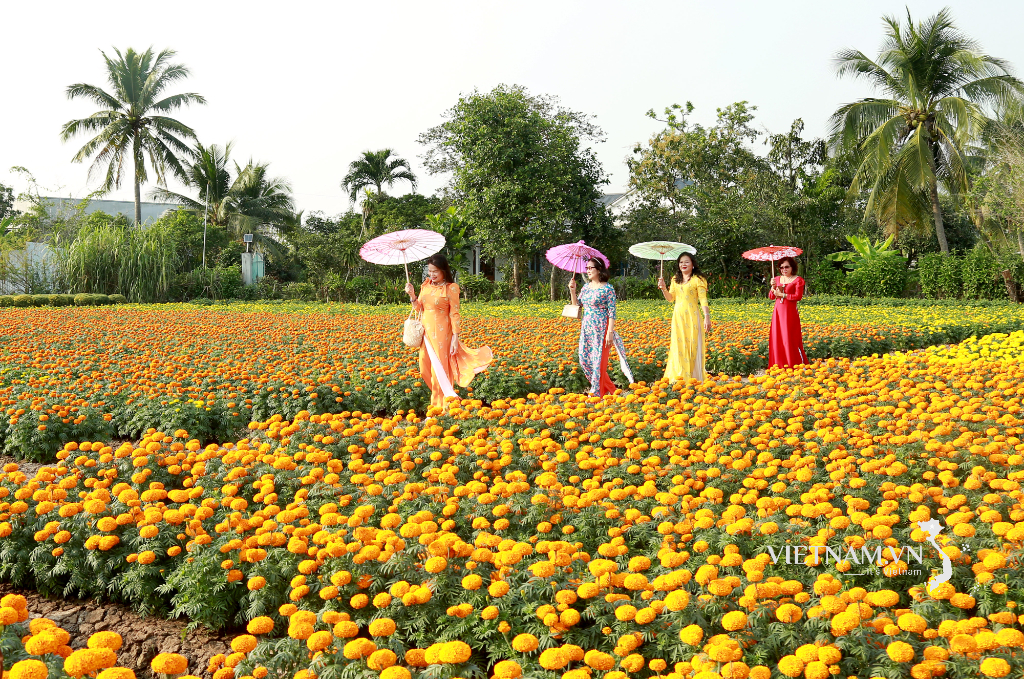
Comment (0)